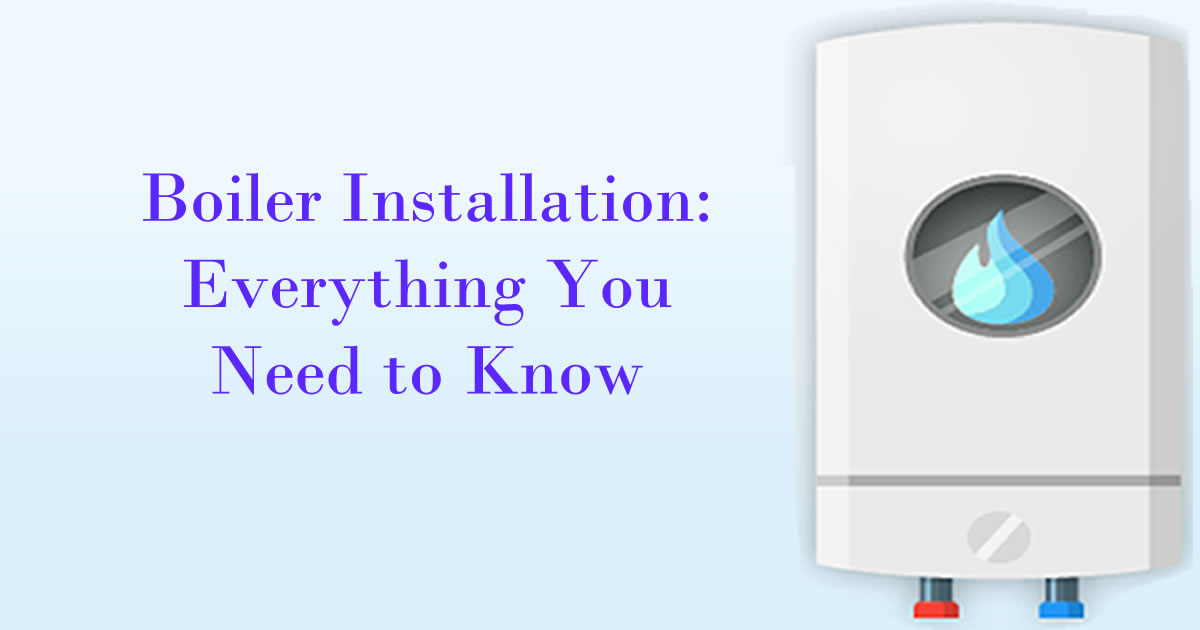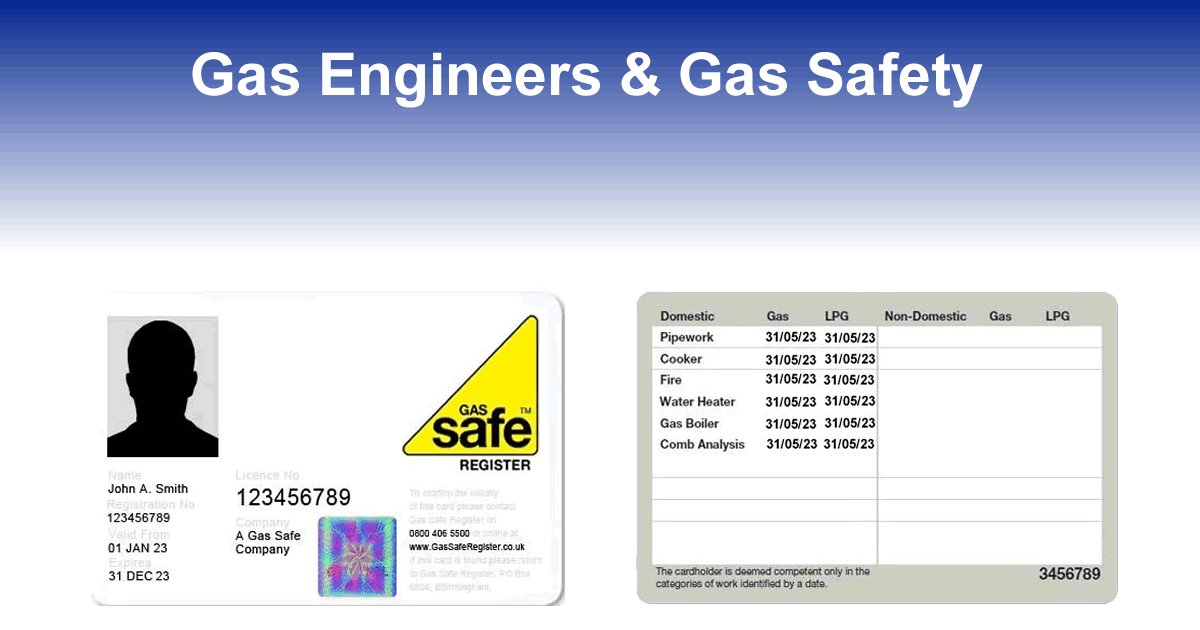Boiler Installation: Everything You Need to Know
A boiler is a heating system that heats water or steam, which is then circulated through a system of pipes to heat a home or other building. Boilers come in a variety of sizes and types, and can be powered by gas, oil, or electricity.
If you're considering having a boiler installed in your home, there are a few things you need to know. In this article, we'll discuss the different types of boilers, the cost of installation, and the benefits of having a boiler in your home.
Types of Boilers
There are two main types of boilers: combi boilers and conventional boilers. Combi boilers heat water on demand, while conventional boilers store hot water in a tank. Combi boilers are more efficient than conventional boilers, but they can be more expensive to install.
Cost of Installation
The cost of installing a boiler will vary depending on the size and type of boiler you choose, as well as the cost of labor in your area. In general, you can expect to pay between £1,000 and £2,000 for a boiler installation.
Benefits of Having a Boiler
There are many benefits to having a boiler in your home. Boilers provide a reliable and efficient source of heat, and they can help you save money on your energy bills. Boilers also make it easier to control the temperature in your home, which can be especially important in the winter and summer.
How to Choose a Boiler
 When choosing a boiler, there are a few things you need to consider. First, you need to decide what type of boiler you want. Combi boilers are more efficient than conventional boilers, but they can be more expensive to install.
When choosing a boiler, there are a few things you need to consider. First, you need to decide what type of boiler you want. Combi boilers are more efficient than conventional boilers, but they can be more expensive to install.
Second, you need to decide on the size of the boiler you need. The size of the boiler you need will depend on the size of your home and your hot water needs.
Third, you need to decide on the fuel you want to use. Boilers can be powered by gas, oil, or electricity. Gas boilers are the most common type of boiler, and they are generally more efficient than electric boilers.
How to Install a Boiler
Boiler installation is a complex process that should be done by a qualified plumber. The plumber will need to disconnect the old boiler, install the new boiler, and connect the new boiler to the heating system.
Boiler Maintenance
Boiler maintenance is important to ensure that your boiler operates efficiently and safely. The frequency of boiler maintenance will depend on the type of boiler you have. Boilers typically need to be serviced once a year.
Boiler Repairs
If your boiler breaks down, you will need to have it repaired by a qualified plumber. The cost of boiler repairs will vary depending on the severity of the problem.
repaired by a qualified plumber. The cost of boiler repairs will vary depending on the severity of the problem.
Conclusion
If you're looking for a reliable and efficient way to heat your home, a boiler is a great option. Boilers are available in a variety of sizes and types, and can be powered by gas, oil, or electricity. The cost of installation will vary depending on the size and type of boiler you choose, as well as the cost of labor in your area. However, the benefits of having a boiler in your home, such as reliable heat, energy savings, and temperature control, make it a worthwhile investment.
Here are some additional tips for choosing and installing a new boiler:
- Get multiple quotes from different Heating Engineers before making a decision.
- Make sure the Heating Engineers is Gas Safe registered and insured.
- Ask about the Heating Engineers's experience with the type of boiler or hot water system you are interested in.
- Get everything in writing, including the price of the system, the cost of installation, and the warranty.
- By following these tips, you can ensure that you get the best possible value for your new boiler.


